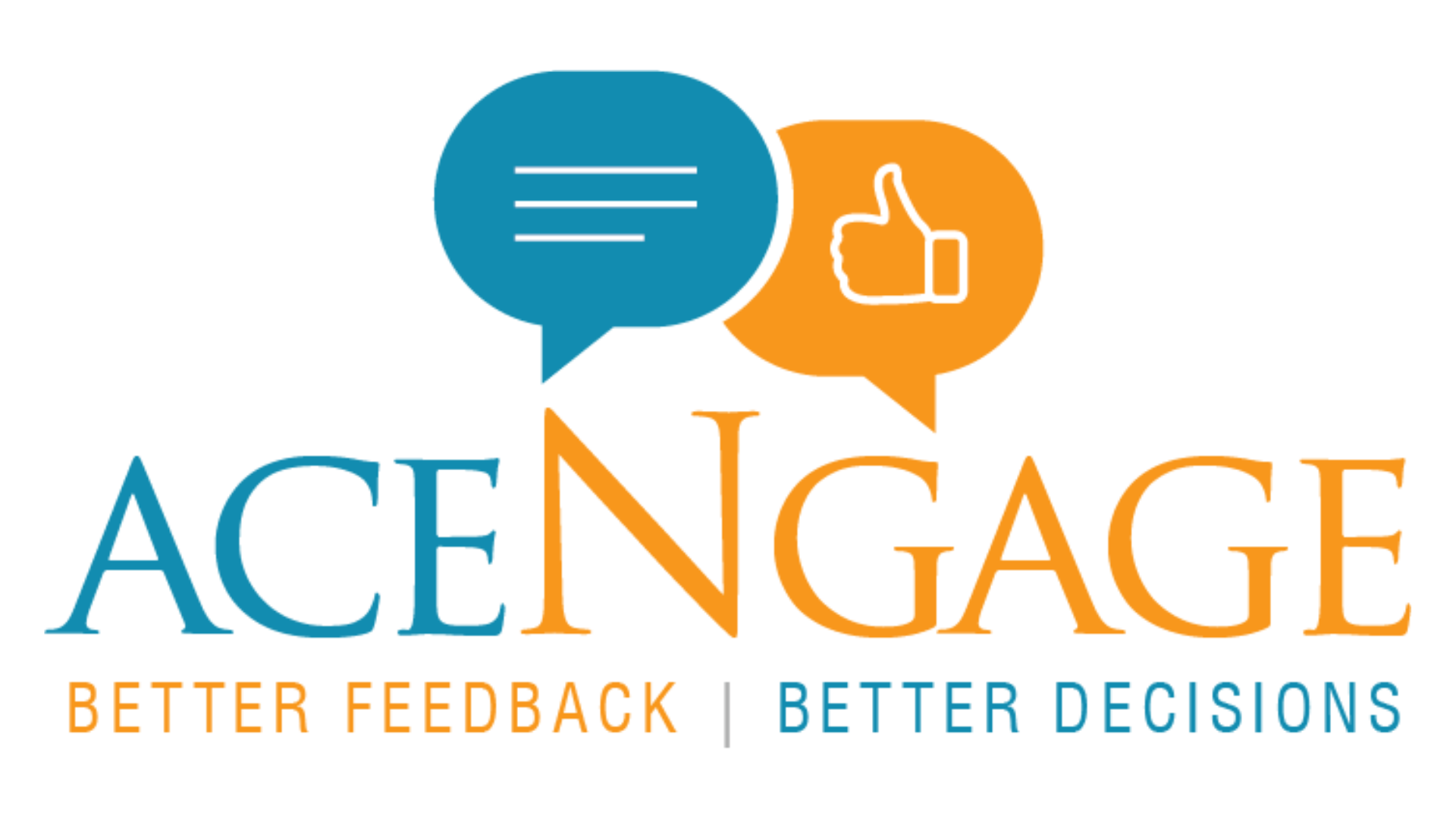Have you ever wondered what sets apart exceptional leaders from just good ones? Or perhaps you’ve been thinking about how to elevate your team’s performance to new heights. If so, you’ve probably encountered two popular approaches: Leadership Coaching vs Training. But what’s the real difference, and how can you decide what’s best for your team?
Let’s explore Leadership Coaching vs Training to uncover which method is ideal for unlocking your team’s full potential.
Know about AceNgage Training Programs at www.acengage.com. Let’s dive in!
Leadership Coaching Vs Training: What’s the Difference?
First, let’s clear up the confusion. Leadership coaching and leadership training might sound similar, but they’re distinctly different.
Leadership Training typically refers to structured sessions aimed at developing specific skills or knowledge in leaders. Think workshops, seminars, or online courses. Training usually addresses predefined topics—like improving communication skills or mastering conflict resolution.
On the other hand, Leadership Coaching involves a more personalized, one-on-one approach. Coaches work directly with leaders to enhance their personal growth, uncover blind spots, and develop strategies tailored specifically to their individual strengths and weaknesses.
Ask Yourself: What Does My Team Need?
To choose the right approach, start by reflecting on your team’s needs. Ask yourself:
- Are we facing specific, well-defined skill gaps?
- Do leaders need more personalized guidance and self-awareness?
- Is the challenge more about individual growth or general team improvement?
Your answers to these questions will help guide your choice.
Know more about POSH training Stats on AceNgage | Youtube.
Benefits of Leadership Training
Leadership training is fantastic for teams that need to quickly acquire specific competencies or knowledge. It’s effective when you’re looking to standardize skills across your leadership team.
Here are some common benefits:
- Skill-focused: Quickly addresses and builds targeted skills like time management, effective communication, or strategic thinking.
- Consistent: Everyone receives the same information, ensuring uniformity across the board.
- Scalable: Easily delivered to large groups or multiple teams simultaneously.
For instance, if your team is struggling with conflict management, a focused training session can immediately equip them with tools to handle such situations better.
Benefits of Leadership Coaching
Leadership coaching, meanwhile, shines brightest in scenarios where individualized attention and deeper personal growth are key. It’s especially beneficial for senior leaders or high-potential employees.
Consider these advantages:
- Personalized Attention: Tailored specifically to the individual’s needs, strengths, and areas for growth.
- Deeper Insights: Helps leaders become more self-aware and understand their motivations and blind spots.
- Long-term Impact: Promotes sustainable change by building foundational personal growth.
Imagine you have a high-performing executive who’s facing challenges transitioning into a new role. A leadership coach can help this individual navigate the complexities of their new responsibilities effectively.
Which Is Better: Coaching or Training?
Honestly? There’s no one-size-fits-all answer. Your team’s specific circumstances, goals, and current challenges will heavily influence which approach is best.
- If your goal is rapid, standardized skill development, training is likely the way to go.
- If you’re looking to drive deep personal growth or address unique individual challenges, coaching is probably the better choice.
Often, a blend of both approaches yields the best results. Many successful organizations use training sessions to introduce key skills and then provide coaching to support ongoing personal development.
Real-World Examples: Coaching and Training in Action
Let’s consider a practical example. Suppose your company recently expanded, and your management team now needs enhanced skills to lead larger teams effectively. A structured leadership training program could quickly elevate everyone’s management skills across the board.
However, one of your newly promoted managers is struggling with self-confidence and decision-making. Here, a leadership coach would provide the personalized support this individual needs, helping them grow into their role more comfortably.
Ultimately, leadership coaching and training aren’t mutually exclusive. They complement each other perfectly. Using both strategically can help your leaders not only improve their immediate skills but also foster deeper personal growth and self-awareness.
If you’re ready to take your team’s leadership capabilities to the next level, carefully evaluate your needs, ask the right questions, and consider an integrated approach to coaching and training.
Ready to find out more? Drop us a comment below or reach out directly—we’d love to help you make the best choice for your team!
FAQ
Leadership coaching is a personalized approach to developing leadership skills through one-on-one interactions tailored to individual needs.
Leadership training involves structured sessions designed to teach specific leadership skills and knowledge to groups.
Consider if your team needs personalized attention for individual growth (coaching) or standardized skills development (training).
Yes, combining coaching and training often yields the best results, addressing both general skills and individual growth.
Effectiveness can be measured through performance metrics, feedback, and observable behavioral changes.





